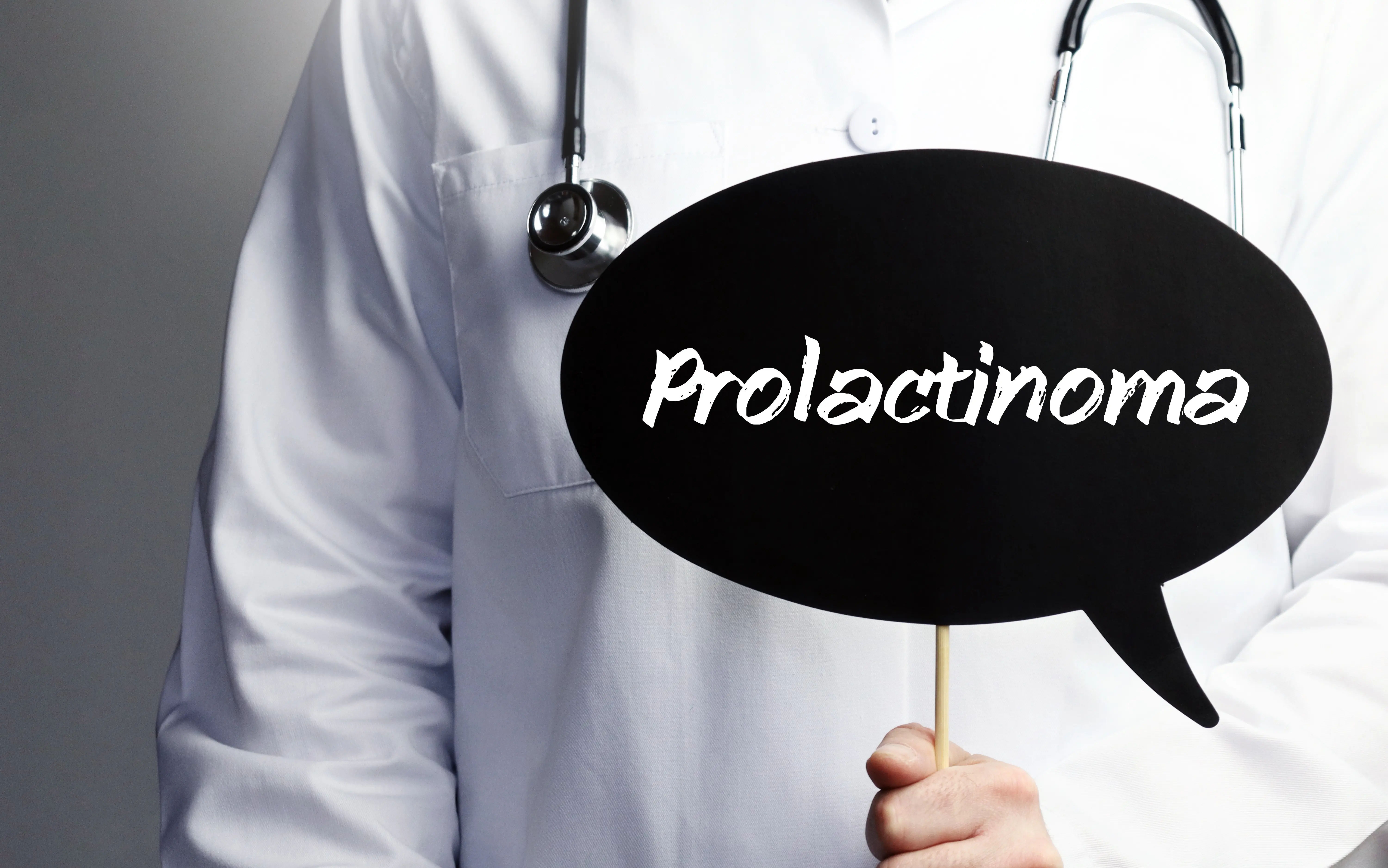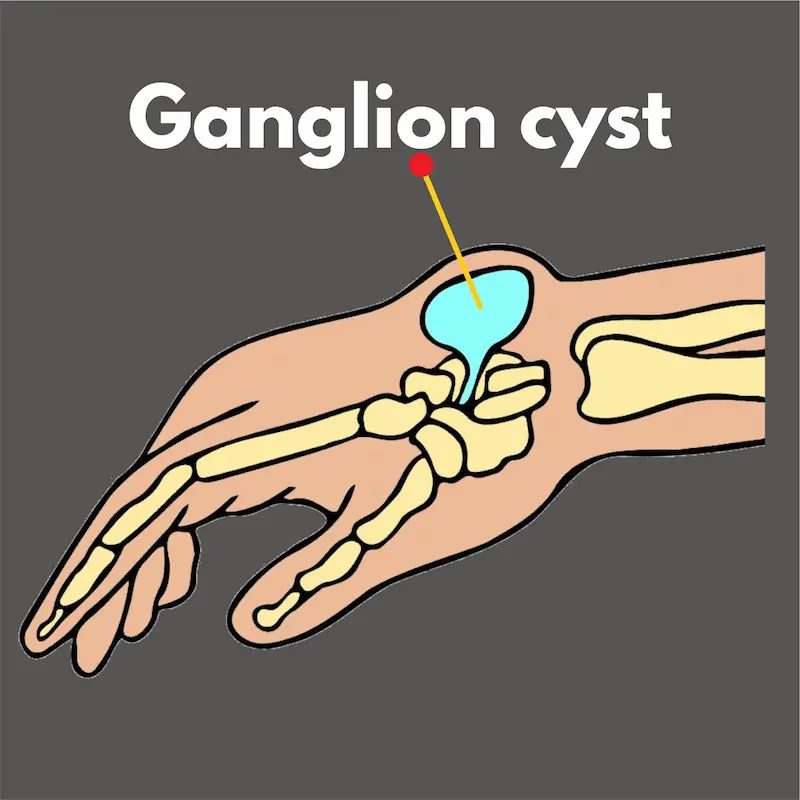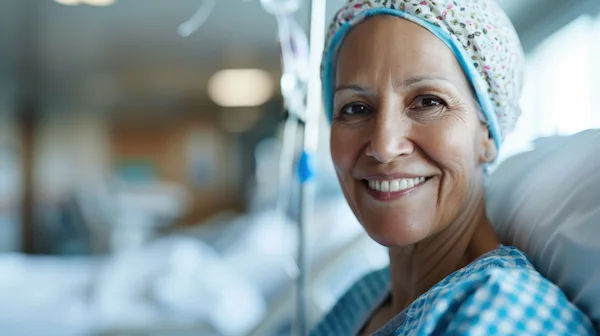Your Guide to Cancer Prevention Top Strategies to Lower Your Risk
Learn evidence-based strategies to reduce your cancer risk, from diet and exercise to screenings and lifestyle changes, empowering you to take control of your health.

Written by Dr. M L Ezhilarasan
Reviewed by Dr. Rohinipriyanka Pondugula MBBS
Last updated on 13th Jan, 2026
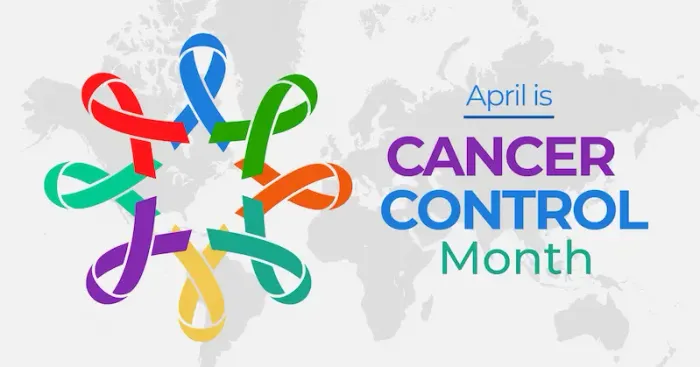
Introduction
Cancer. The word itself can be daunting. For decades, it has been perceived as an unpredictable force, but a growing body of scientific evidence tells a different, more empowering story. While not all cancers are preventable, the World Health Organisation estimates that 30-50% of cancers can be prevented by avoiding risk factors and implementing evidence-based prevention strategies. This isn't about a single magic bullet; it's about the cumulative power of daily choices. This guide moves beyond fear and focuses on actionable steps you can take to significantly reduce your personal cancer risk. We will break down the ten most impactful pillars of cancer prevention, from the food on your plate to the importance of regular check-ups. By understanding the "why" behind these recommendations, you can build a sustainable, health-protective lifestyle that not only wards off cancer but also boosts your overall well-being. Let's explore the practical, proven strategies that put you in the driver's seat of your health.
Understanding Cancer Risk: What You Can and Cannot Control
It's crucial to begin with a realistic perspective. Some risk factors, like inherited genetic mutations (such as BRCA1 and BRCA2) or simply growing older, are beyond our control. However, these factors account for a smaller percentage of cancers than many believe. The vast majority of cancer risk is influenced by environmental and lifestyle factors—the very things we can change.
The Role of Genetics vs. Lifestyle
Think of your genetic makeup as the hand of cards you're dealt. You can't change the cards, but you can control how you play them. A family history of cancer may mean you have a higher baseline risk, but it does not guarantee you will get cancer. In fact, lifestyle choices can influence whether certain genes are expressed or remain dormant. This means that even for individuals with a genetic predisposition, adopting a healthy lifestyle is a powerful tool for risk reduction.
How Small Changes Create a Powerful Cumulative Effect
The goal is not perfection but consistent progress. You don't need to overhaul your life overnight. Swapping one processed snack for a piece of fruit, taking a 15-minute walk, or choosing water over a sugary drink—each positive choice adds up. These actions reduce inflammation, help maintain a healthy weight, and support your body's natural DNA repair mechanisms, creating a synergistic shield against cancer development over time.
Consult an Oncologist for the best advice
Pillar 1: Transform Your Diet for Prevention
What you eat directly influences your body's internal environment. A diet rich in certain foods can provide protective compounds, while others can promote inflammation and cellular damage.
Fill Your Plate with Colour: The Power of Fruits and Vegetables
Fruits and vegetables are packed with antioxidants and phytochemicals, which are natural compounds that help protect cells from damage. The different colours represent different beneficial compounds. For example:
• Red (tomatoes, watermelon): Rich in lycopene, linked to reduced risk of prostate cancer.
• Green (spinach, kale): High in folate and carotenoids, which may protect against several cancers.
• Purple/Blue (berries, eggplant): Contain anthocyanins, powerful antioxidants.
Aim for at least 5 servings of a variety of colours every day to maximise your intake of these cancer-fighting nutrients.
Choose Whole Grains and Limit Processed Carbohydrates
Whole grains like oats, quinoa, brown rice, and whole-wheat bread are excellent sources of fiber. Fiber helps maintain a healthy digestive system and can speed the elimination of waste, potentially reducing the risk of colorectal cancer. Conversely, highly processed carbohydrates and sugary foods can lead to weight gain and increased inflammation, which are risk factors for cancer.
Be Smart About Protein: Limit Processed and Red Meats
The International Agency for Research on Cancer (IARC) has classified processed meats (like bacon, sausages, and ham) as Group 1 carcinogens, meaning there is sufficient evidence that they cause cancer, particularly colorectal cancer. Red meat (beef, pork, lamb) is classified as a Group 2A carcinogen, "probably carcinogenic to humans." It's wise to limit processed meat consumption and moderate red meat intake, opting instead for healthier protein sources like fish, poultry, beans, and lentils.
Pillar 2: Move Your Body, Lower Your Risk
Physical activity is a cornerstone of cancer prevention with multiple direct and indirect benefits.
How Exercise Fights Cancer on a Cellular Level
Regular exercise helps regulate hormone levels, such as oestrogen and insulin, high levels of which have been linked to certain cancers. It also improves metabolism, reduces inflammation, and enhances immune system function, helping your body identify and destroy precancerous cells more effectively.
Simple Ways to Incorporate More Activity into Your Day
You don't need to run a marathon. The American Cancer Society recommends at least 150 minutes of moderate-intensity or 75 minutes of vigorous-intensity activity each week. This can be broken down into manageable chunks:
1. Brisk walking for 30 minutes, 5 days a week.
2. Taking the stairs instead of the elevator.
3. A 15-minute bike ride before work.
4. A home workout video.
Pillar 3: Maintain a Healthy Weight
Being overweight or obese is a significant risk factor for many cancers, including breast (in postmenopausal women), colon, endometrial, kidney, and pancreatic cancer. Excess body fat, particularly around the waist, is not inert; it's active tissue that produces hormones and proteins that can promote inflammation and stimulate cancer cell growth.
Pillar 4: Avoid Tobacco in Every Form
This is non-negotiable. Tobacco use is the leading cause of cancer and cancer deaths worldwide. It's not just about lung cancer; smoking is linked to cancers of the mouth, throat, esophagus, stomach, pancreas, bladder, and more. There is no safe level of tobacco use. Quitting smoking is the single most important health decision you can make. If you are struggling to quit, consulting a doctor can provide access to effective resources and cessation programs. If you need support to quit tobacco, you can consult a doctor online with Apollo24|7 for personalised advice and cessation plans.
Pillar 5: Practice Sun Safety
Skin cancer is one of the most common and preventable kinds of cancer. You can take several simple steps to protect your skin and reduce your risk of skin cancer:
• Use a broad-spectrum sunscreen with an SPF of 30 or higher every day, even when cloudy.
• Seek shade, especially between 10 a.m. and 4 p.m. when the sun's rays are strongest.
• Wear protective clothing, a wide-brimmed hat, and UV-blocking sunglasses.
• Avoid tanning beds entirely, as they emit harmful UV radiation.
Pillar 6: Prioritise Regular Medical Care and Screenings
While lifestyle changes reduce your risk, early detection through recommended screenings can find cancer at its earliest, most treatable stages—sometimes even before it becomes cancer (like finding polyps during a colonoscopy).
Early Detection is a Form of Prevention
Screenings like Pap tests, HPV tests, mammograms, and colonoscopies have saved countless lives. Talk to your doctor about the right screening schedule for you based on your age, gender, and family history. Staying up-to-date with vaccinations like the HPV vaccine (which prevents the viruses that cause most cervical cancers) and the Hepatitis B vaccine (which prevents a major cause of liver cancer) is also a critical part of preventive medical care. If you are due for a cancer screening or have concerns about your risk factors, booking a physical visit to a doctor with Apollo24|7 can help you create a personalised prevention plan.
Get Your Health Assessed
Conclusion
Cancer prevention is not a destination but a journey paved with conscious, daily choices. The strategies outlined in this guide are not drastic measures; they are pillars of a healthy, vibrant life. By nourishing your body with wholesome foods, staying active, protecting yourself from known carcinogens, and engaging proactively with your healthcare, you are building a formidable defense. Remember, progress over perfection is the goal. Every healthy meal, every walk, every decision to avoid tobacco is a victory. You have more control over your cancer risk than you might think. Start with one or two changes that feel manageable today, and build from there. Your future self will thank you for the empowerment and peace of mind that comes from taking charge of your health.
Consult an Oncologist for the best advice
Consult an Oncologist for the best advice

Dr.sanchayan Mandal
Medical Oncologist
17 Years • MBBS, DrNB( MEDICAL ONCOLOGY), DNB (RADIOTHERAPY),ECMO. PDCR. ASCO
Kolkata
Dr. Sanchayan Mandal Oncology Clinic, Kolkata

Dr Gowshikk Rajkumar
Oncologist
10 Years • MBBS, DMRT, DNB in Radiation oncology
Bengaluru
Apollo Clinic, JP nagar, Bengaluru

Dr. Sanchayan Mandal
Medical Oncologist
17 Years • MBBS, DrNB( MEDICAL ONCOLOGY), DNB (RADIOTHERAPY),ECMO. PDCR. ASCO
Kolkata
MCR SUPER SPECIALITY POLY CLINIC & PATHOLOGY, Kolkata
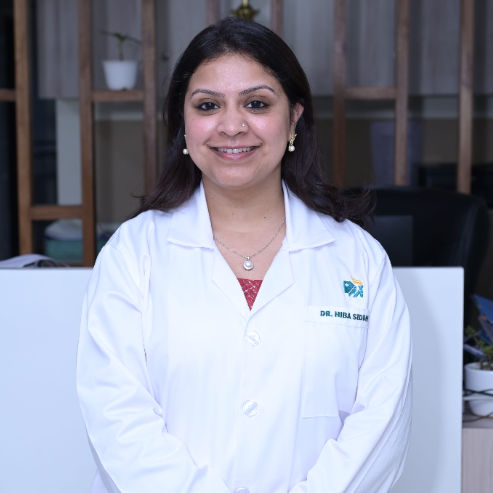
Ms. Hiba Siddiqui
Oncologist
13 Years • BA (Hons), MA, Professional Certification Psycho-oncology, PhD
Delhi
Apollo Hospitals Indraprastha, Delhi
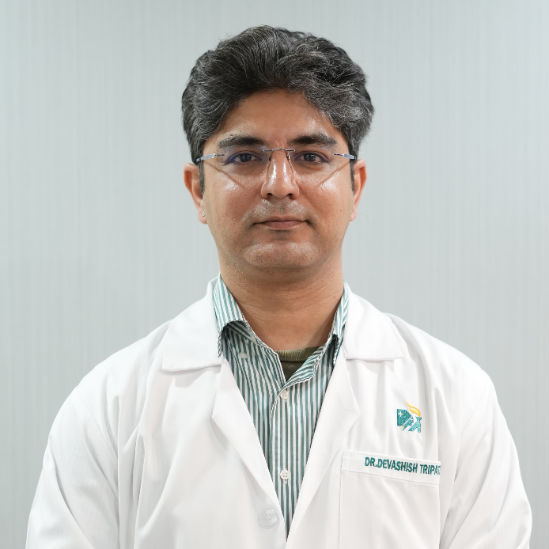
Dr Devashish Tripathi
Radiation Specialist Oncologist
20 Years • MBBS, PLAB, MRCP (UK)- General Medicine, FRCR (Oncology), Certificate of Completion of Training (CCT)- Clinical Oncology
Delhi
Apollo Hospitals Indraprastha, Delhi
Consult an Oncologist for the best advice

Dr.sanchayan Mandal
Medical Oncologist
17 Years • MBBS, DrNB( MEDICAL ONCOLOGY), DNB (RADIOTHERAPY),ECMO. PDCR. ASCO
Kolkata
Dr. Sanchayan Mandal Oncology Clinic, Kolkata

Dr Gowshikk Rajkumar
Oncologist
10 Years • MBBS, DMRT, DNB in Radiation oncology
Bengaluru
Apollo Clinic, JP nagar, Bengaluru

Dr. Sanchayan Mandal
Medical Oncologist
17 Years • MBBS, DrNB( MEDICAL ONCOLOGY), DNB (RADIOTHERAPY),ECMO. PDCR. ASCO
Kolkata
MCR SUPER SPECIALITY POLY CLINIC & PATHOLOGY, Kolkata

Ms. Hiba Siddiqui
Oncologist
13 Years • BA (Hons), MA, Professional Certification Psycho-oncology, PhD
Delhi
Apollo Hospitals Indraprastha, Delhi

Dr Devashish Tripathi
Radiation Specialist Oncologist
20 Years • MBBS, PLAB, MRCP (UK)- General Medicine, FRCR (Oncology), Certificate of Completion of Training (CCT)- Clinical Oncology
Delhi
Apollo Hospitals Indraprastha, Delhi
More articles from Cancer
Frequently Asked Questions
1. Can sugar actually 'feed' cancer cells?
While it's an oversimplification to say sugar directly causes cancer, there is a connection. All cells, including cancer cells, use glucose (sugar) for energy. However, consuming large amounts of sugary foods and drinks can lead to weight gain and inflammation, which are established risk factors for cancer. It's best to limit added sugars for overall health.
2. Are there any specific 'superfoods' that prevent cancer?
No single food can prevent cancer. The real 'super' strategy is a consistent pattern of eating a variety of nutrient-dense whole foods. Focusing on a wide array of colourful fruits, vegetables, whole grains, and legumes provides a spectrum of protective compounds that work together synergistically.
3. How does stress contribute to cancer risk?
Chronic stress is not a direct cause of cancer, but it can lead to behaviors that increase risk, such as poor eating habits, heavy drinking, or smoking. Stress can also weaken the immune system over time. Managing stress through techniques like meditation, exercise, and adequate sleep is an important part of a holistic prevention plan.
4. Is organic produce better for cancer prevention?
The primary goal is to eat more fruits and vegetables, whether they are conventional or organic. While organic produce may have lower pesticide residues, conventional produce is still safe and beneficial. Thoroughly washing all fruits and vegetables is the most important step.
5. At what age should I start thinking seriously about cancer prevention?
It's never too early or too late to start. Healthy habits formed in childhood and young adulthood are incredibly beneficial. However, the positive impacts of lifestyle changes are significant at any age. Adopting healthier habits in your 40s, 50s, or beyond can still substantially reduce your risk.

